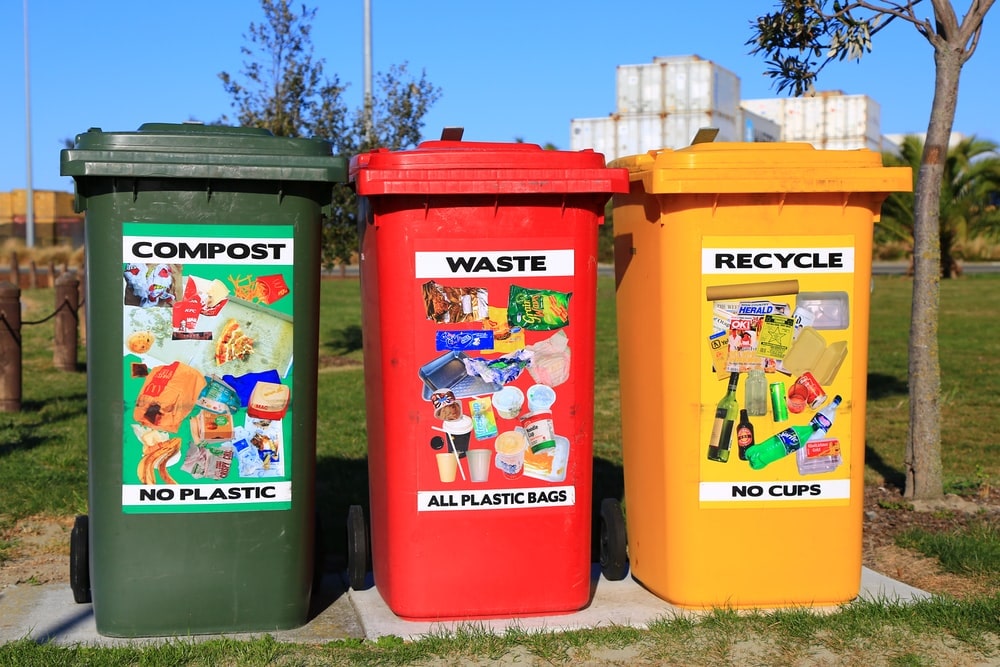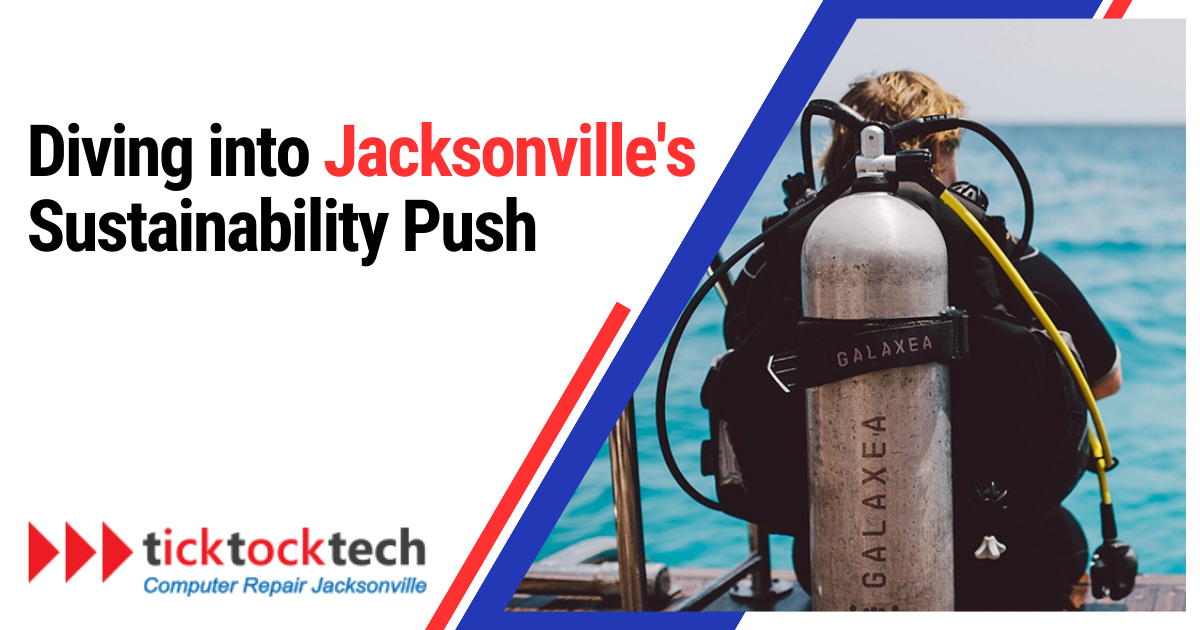Sustainability has been the talk of the advanced world. Both Environmental and energy sustainability are on the world agenda to save the planet. While the sustainability push gives room for a safe environment, it crucially needs help from the government and the people to be achieved. Universities and colleges have been conducting research projects on how to come about sustainability in favor of energy and the environment. Needless to say, alternatives do not necessarily mean sustainability. We do have alternatives to almost every tech issue contributing to the climatic issue, but the main question is if these replacements are sustainable.
A replacement is not sustainable if it can’t be accessible just like what is being replaced. EV cars are not widely available yet, unlike combustion vehicles. The EV cars are environmental alternatives, but not yet sustainable as they are of small % and are expensive. However, more research is being done, in addition to government support. Jacksonville is on active research and a positive push for sustainability. Let’s have a peek into how the push for green energy and sustainability is playing out in Jacksonville in 2024.
Waste Management and Recycle
Jacksonville’s recycling and trash management initiatives have advanced significantly. The city provides 96-gallon garbage containers to every household, and together they recycle an amazing 3,400 tons of stuff every month. Nevertheless, 27% of recyclables wind up in landfills after becoming tainted with rubbish. The city has launched a new recycling program to encourage citizens to properly separate their garbage and recyclables to address this problem.

Newspaper, aluminum, steel, glass, plastic, cardboard, office paper, and yard waste are among the commodities that the recycling program aims to recover a sizable amount of from the solid waste stream before final disposal. Jacksonville is making a significant step toward accomplishing its sustainability objectives and lessening its environmental impact by putting these plans into action. The city’s efforts to recycle and manage garbage sustainably not only benefit the environment but also boost employment and the local economy.
Sustainable Water Management
Sustainable wastewater management will be a major challenge in Jacksonville by 2024. Companies like Wind River Environmental, which manages private wastewater treatment plants, are dispatching personnel and specialized equipment to address the issue. The government’s sewage and community water purification programs are also helping.
Biological treatment, an organic approach that uses bacteria, is critical to the strategy. The combined activities aim to improve the quality of Jacksonville’s waterways while reducing the amount of wastewater transferred to landfills. To reduce the strategy’s environmental impact, it also employs natural cleaning methods. There has been a significant increase in research on effective wastewater management at Florida institutions. Both the Jacksonville administration and the city’s intelligentsia support the endeavor to establish sustainable wastewater management.
Renewable Energy and Efficiency Push in Jacksonville
By 2050, Jacksonville intends to have a high (>90%) percentage of its power generated from clean, renewable sources. To that aim, the city is strongly advocating for renewable energy. House Bill 193, which intends to increase the use of renewable energy sources and reduce state energy use, will benefit the city. With more than 50 grants available to local governments, businesses, and entrepreneurs to improve energy efficiency and adopt sustainable energy solutions, Jacksonville is setting the standard for energy conservation.

In 2021, solar power will account for about 70% of Jacksonville’s renewable energy output, making it an important part of the state’s renewable energy mix. The city’s commitment to renewable energy benefits both the local economy and the environment while also offering job opportunities. Jacksonville is well on its way to meeting its ambitious renewable energy goals and emerging as a sustainability leader, due to Environment Florida’s support.
Sustainable Transportation Push
Jacksonville’s transportation authority released an extensive report on its Sustainability Action Plan (SAP). This takes a comprehensive approach to sustainability. The Jacksonville Transport Authority (JTA) has benefited from the plan in several ways, including reduced environmental impact, support for employees, partners, and riders, and financial success with a high return on investment.
JTA’s six key areas of focus—water conservation, energy efficiency, fleet optimization, waste reduction, healthy communities, and economic growth—demonstrate the company’s commitment to sustainability. The JTA is setting a standard for other transportation agencies and businesses to follow by adopting sustainable practices and technology.
In addition to being excellent for the environment, Jacksonville’s sustainable mobility strategy benefits jobs and the local economy. ensuring that their requirements are met while prioritizing sustainability. With the SAP in place, JTA is well-positioned to secure the resources necessary for success, leveraging grants and other finance sources to support its sustainability objectives.
Sustainable Research in Jacksonville
The sustainability program at Jacksonville University is being greatly influenced by the advisory board of sustainability experts. To encourage an innovative and experimental culture, the board offers students research opportunities, internships, scholarship monies, and continuous support.
Support from the advisory board for academic and student research initiatives has been crucial in generating novel insights and solutions for Jacksonville’s sustainability problems. The goal of the university’s concentration on sustainability research is not simply to achieve academic excellence but also to develop workable solutions that have real-world applications.

The advisory board’s dedication to sponsoring internships and scholarship money demonstrates their appreciation for sustainability research and their goal of assisting the upcoming generation of sustainability leaders.
Community Engagements in Jacksonville on Sustainability
As more individuals participate in programs and activities that promote social justice and environmental responsibility, Jacksonville’s community engagement in sustainability will increase dramatically by 2024. Technology has strengthened the city’s community engagement program, allowing people from all backgrounds and socioeconomic levels to participate in a more inclusive and accessible way.
Locals in charge of initiatives and activities that benefit the environment and the community as a whole, as well as community-based events, have proven critical in fostering sustainability and instilling a sense of community pride.
Community groups, non-profit organizations, and local government have stepped up the city’s sustainability efforts, resulting in more meaningful and effective initiatives that benefit the entire community.
Take Away
Jacksonville actively demonstrates dedication to sustainability across various fields. The city’s Waste Management and Recycling activities, Sustainable Water Management methods, Renewable Energy and Efficiency Push, Sustainable Transportation efforts, continuing Sustainable Research at Jacksonville University, and improved Community Engagement all demonstrate a complete approach.
As Jacksonville works to meet its 2024 sustainability targets, a combination of government efforts, technology developments, and community engagement positions the city as an emerging leader in sustainable practices that benefit both the environment and the local economy. The future looks promising as Jacksonville continues to pioneer green solutions and community-driven projects.

